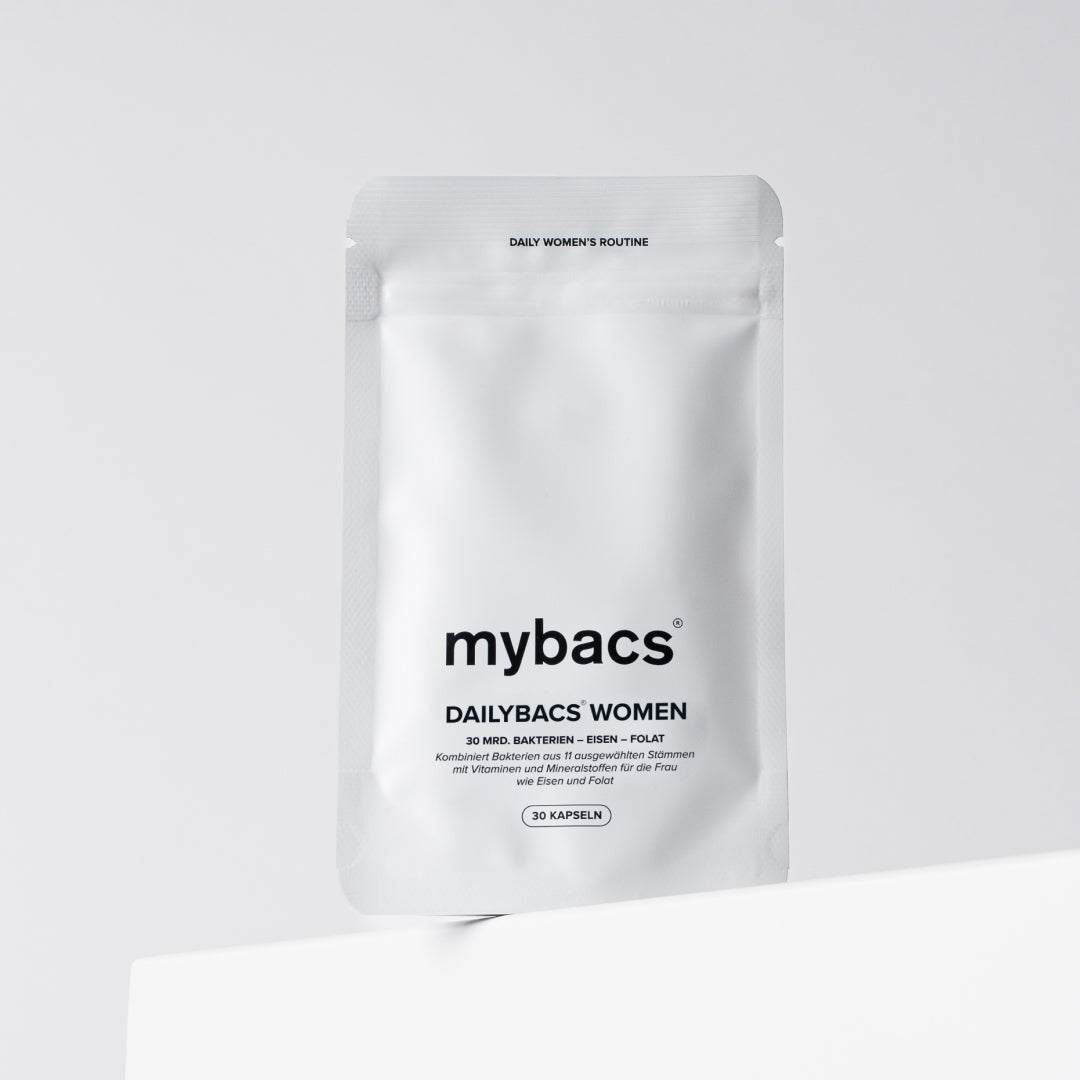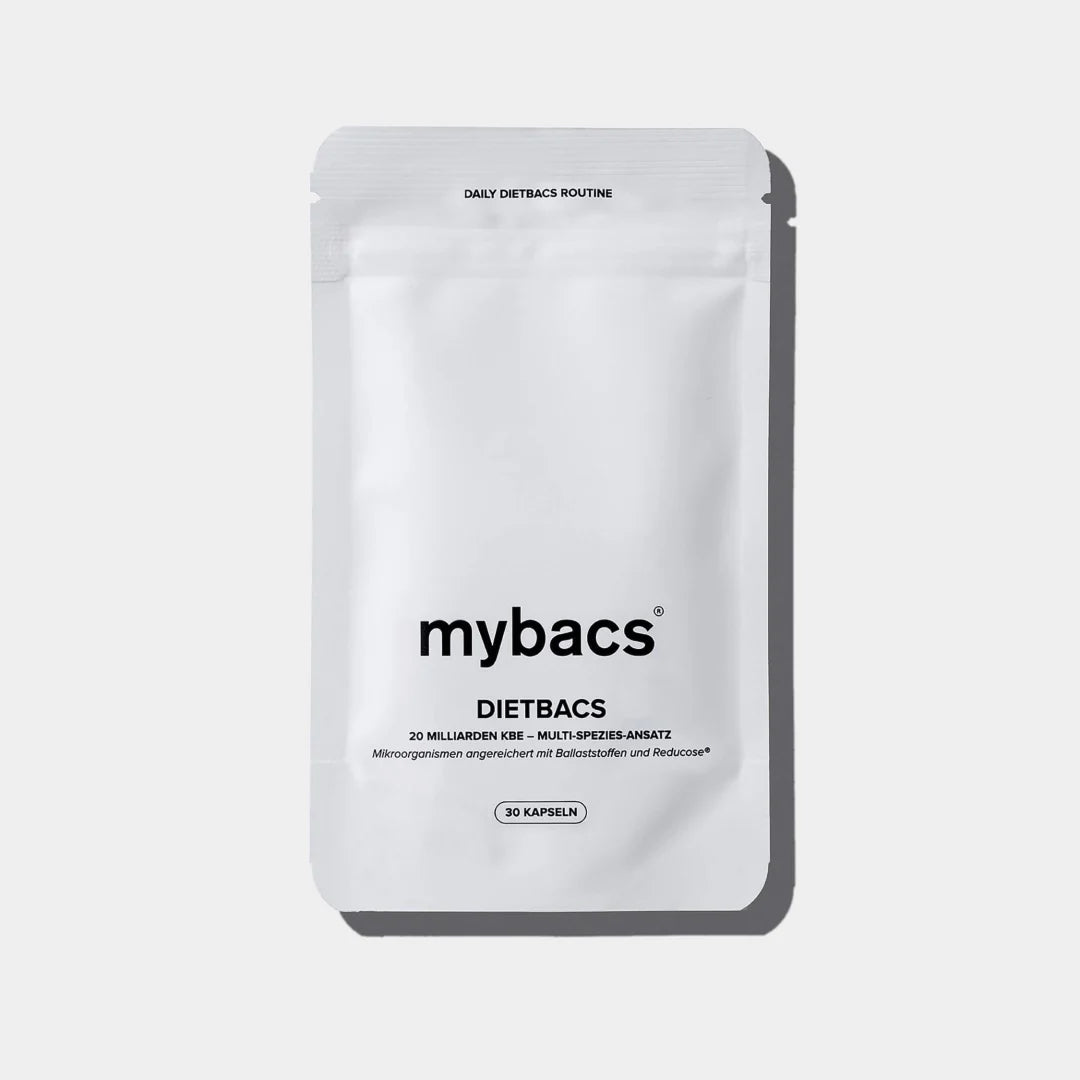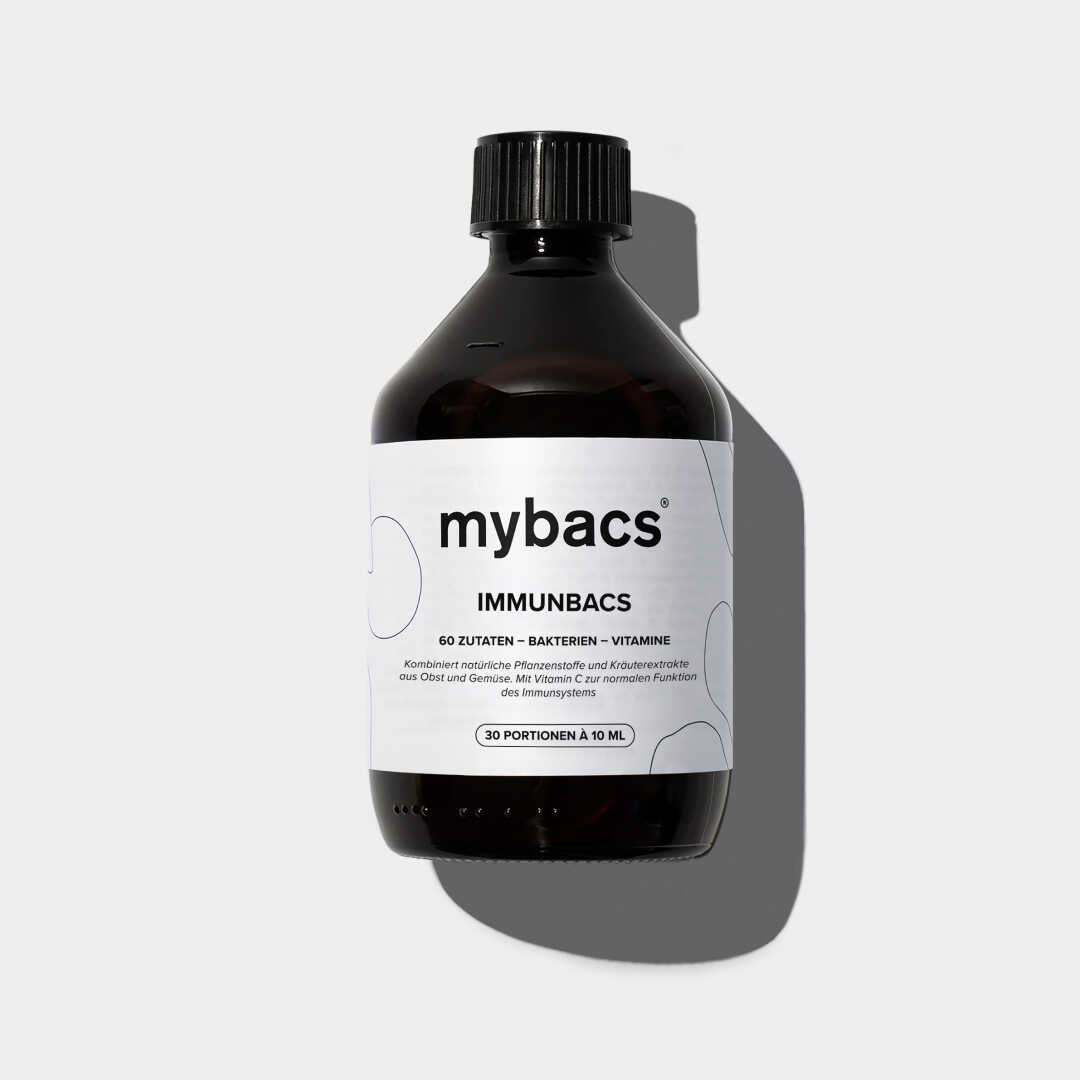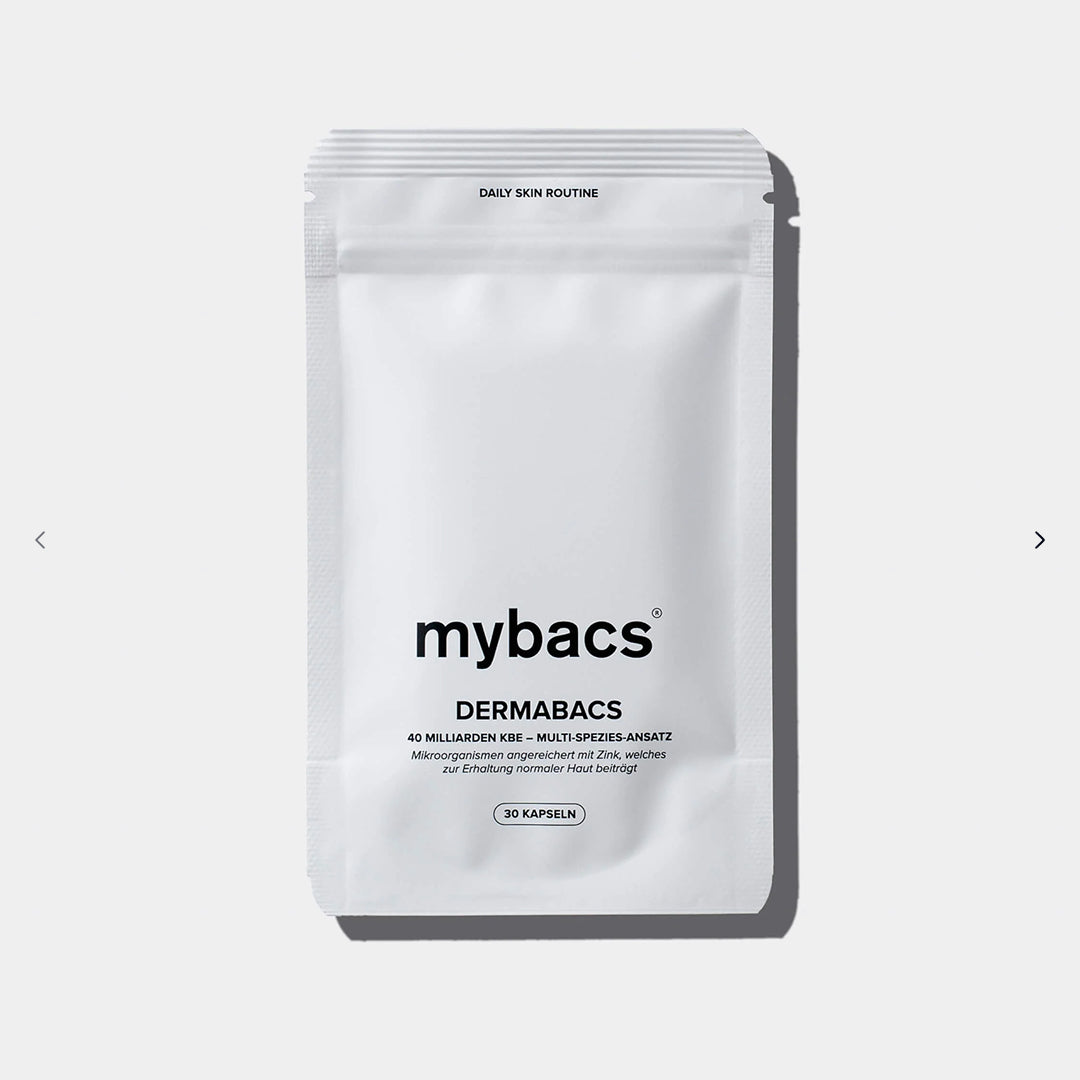It is not often discussed and for most people it is a sensitive, shameful topic: intestinal healthBut we think that's completely unjustified – because our overall well-being is heavily dependent on our gut health. That's why we want to approach the whole thing with a bit of humor, because humor can never hurt! :)
We uncover the biggest myths about gut health for you.
Myth No. 1: Only older people need to take care of their intestinal health.
No. In our opinion, this is probably the most painful, but also the most widespread myth. What's behind it?
The myth that only older people should actively take care of their colon health probably stems from the fact that most colon cancers only occur in old age. Therefore, in Germany, men and women over the age of 50 are recommended to have regular colonoscopy as part of the statutory early detection program. It's rare to hear of significantly younger people being affected.
However, as a 2017 study (published in the Journal of the National Cancer Institute) showed, those born after 1990 have almost twice the risk of colon cancer as their parents. The study cannot explain the causes in detail, but known risk factors for colon cancer include u.a. a low-fiber diet (and therefore too little food for the probiotic bacterial cultures in our gut), frequent consumption of processed red meat, high alcohol consumption, and smoking. But even in our younger years, we lay the foundation for a healthy, happy, and long life, so gut health definitely deserves our attention at an earlier age.
Myth No. 2: The intestine is just the human drain.
Absolutely wrong. Quite the opposite: The gut is the engine of our lives. Divided into the large and small intestines, it is not only responsible for digestion, but also contains around 70% of the body's immune cells. This alone shows that the gut is anything but a drainpipe. Furthermore, the so-called gut-brain axis (Gut-brain axis) is being studied more and more, and new connections are constantly being discovered. Furthermore, our intestines are home to trillions of microorganisms, i.e., living bacterial strains that together form our intestinal flora. The intestines have absolutely nothing in common with a drainpipe.
Myth No. 3: I can’t influence my intestinal flora.
Wrong. The intestinal flora is one of the health levers that we can best, most directly, and most easily influence and manipulate. Even the sufficient presence of certain bacterial strains in our intestinal flora can bring significant health benefits. And we can definitely influence this ourselves with the right diet and probiotic intake. For example, the bacterial family of Bifidobacterium longum known to counteract inflammation, constipation, and celiac disease. So, if you consume sufficient amounts of these bacterial strains, you have a good chance of experiencing many positive effects.So the next time you hear that we have no influence on our intestinal flora, hopefully you know what to say to that person ;)
So how does my gut flora contribute to my gut health?
The microorganisms living in the intestinal flora, primarily in the large intestine, ensure the production of vital vitamins and neurotransmitters, the utilization of nutrients, and the protection of the mucous membranes. The composition of your intestinal flora—especially the diversity and number of colony-forming units (CFUs)—is incredibly important, as it has such a direct impact on your health.
Myth No. 4: Stress cannot affect the gut.
That's also wrong. Perceived mental and physical stress has a negative impact on virtually all human biological processes developed by Mother Nature. Yes, if you pause for a moment and reflect on how much stress you've felt in the last 12 months, you might be alarmed. Since the gut is closely connected to the psyche, stressful situations can influence the microbiome and intestinal activity. If you listen more closely to yourself, you may have already experienced this problem yourself: In times of stress, you might go to the bathroom less often, or unpleasant symptoms might arise (diarrhea, flatulence, etc.). Let's not even get started on the impact on your mood. To lead a healthy and (what we consider almost more important) happy life, it's just as important to relax regularly and thus not interfere with the wonderful processes in your body. They all function best when we're happy.






